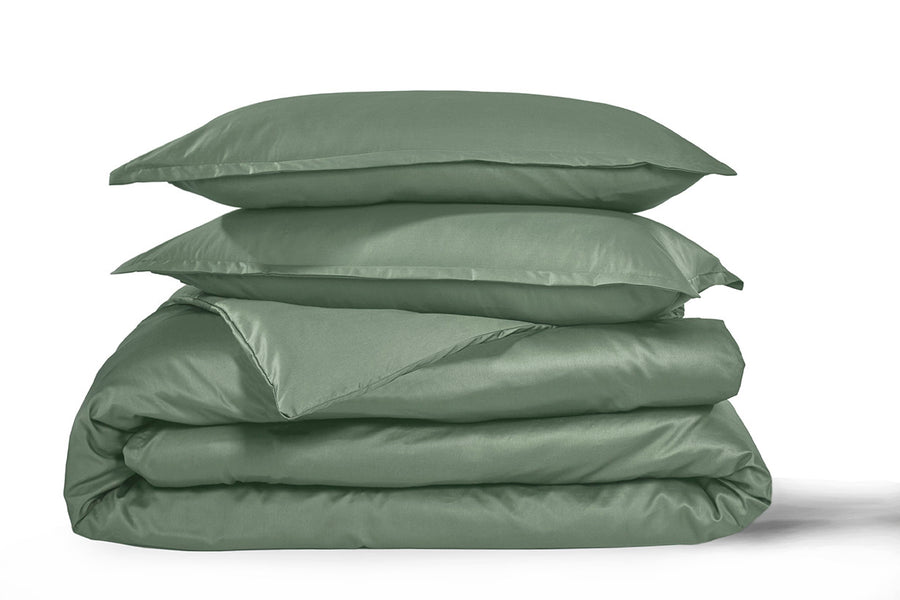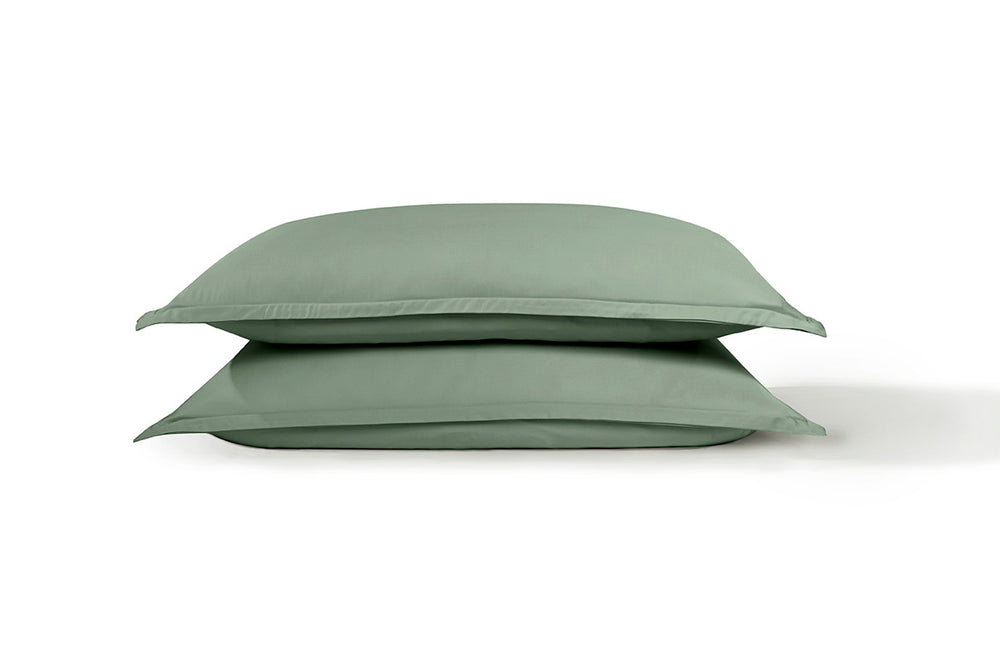The Sleep Study Every Co-Sleeping Family Needs to Read
If your mornings start with crusty eyes, a toddler foot in your ribs, and a desperate reach for the coffee maker… you’re not alone.
Co-sleeping is beautiful, but not always restful. Between midnight feedings, pet pileups, and snack crumbs in the sheets, it can feel like truly refreshing sleep is out of reach.
But here’s the good news: science says it doesn’t have to be that way.
A recent UC Berkeley study found that how refreshed you feel in the morning has less to do with your genes and everything to do with what you do the day before. Sleep timing, physical activity, and even your breakfast choices all play a huge role.
In this post, we’ll break down the most important findings for tired families (especially the ones sharing an Alaskan King bed) and how to use them to wake up more alert, energized, and ready to tackle the day.
Scientists at Berkeley Cracked the Morning Code
Ever feel like no matter how early you go to bed, you still wake up feeling like a zombie? UC Berkeley scientists were curious about that too, so they ran an in-depth sleep study to learn more.
They tracked 833 adults (including twins to separate genetic vs. lifestyle influences) over two weeks. Participants wore wrist monitors to track sleep and movement, logged their meals and moods, and rated their alertness every morning and throughout the day.
What did they discover?
Your ability to wake up feeling alert and refreshed isn’t just about genetics or being a “morning person.” It comes down to three modifiable habits:
- How long and how late you sleep
- How active you are the day before
- What you eat for breakfast (and how your body responds to it)
They found that sleeping longer and waking up later than usual, getting more physical activity the previous day, and eating a high-carb, low-sugar breakfast led to significantly better alertness. And people with a lower blood sugar spike after eating felt more awake, too.
Let’s break down how to use these findings in real life.
1. Sleep Longer Without Getting Kicked in the Ribs
The study found that sleeping longer and waking up later than usual was one of the strongest predictors of waking up alert. Sounds simple, right? But when your bed doubles as a wrestling ring for toddlers or a midnight playground for pet zoomies, getting uninterrupted sleep can feel like wishful thinking.
That’s why it’s crucial to have an oversized bed like an Alberta King or Alaskan King.
The extra space gives everyone room to stretch out without elbowing (or kicking) each other all night. You get to sleep longer, and they get to keep their flailing limbs – it’s a win-win.
A few more ways to protect your sleep:
- Create a bedtime wind-down routine for the whole family. Screens off, lights low, calm vibes only.
- Put kids to bed in shifts if needed. If one kiddo takes forever to fall asleep, let the others settle first.
- Use separate blankets. It cuts down on covers being yanked off in the middle of the night (you know the struggle).
2. Get Moving (Yes, Even if It’s Just a Family Walk)
Turns out, exercise affects how you sleep and how you feel tomorrow morning. The Berkeley study found that people who were more active during the day felt significantly more alert the next morning.
You don’t have to run a marathon. Even moderate movement, like a family walk after dinner or chasing your toddler around the backyard, can help reset your body clock and lead to more restful sleep.
Regular activity also helps burn off that chaotic kid energy before bedtime. And if you’re co-sleeping, it means everyone’s more likely to crash instead of wriggle when it’s time for lights out. It also means fewer nighttime wake-ups for your toddler.
The best approach is to try to make movement a part of your family’s daily routine. Walk to the park instead of driving. Have a dance party before bath time. Or just go outside and let your little ones lead the way.
3. Rethink Breakfast (Carbs Are Not the Enemy)
Most of us run our mornings on autopilot – coffee, chaos, and maybe a leftover pancake. However, according to the Berkeley study, breakfast plays a huge role in how alert you feel after waking up.
Researchers tested different types of breakfasts and found that meals high in complex carbohydrates (think oats, whole grain toast, fruit) helped people feel more awake and energized without the crash that comes from sugary cereal or straight-up glucose drinks.
That’s right: carbs aren’t the villain. It’s the kind of carbs that matter. The study showed that simple sugars (like pastries or juice) led to sluggish mornings, while complex carbs supported steady energy and alertness.
That’s why you should build breakfasts around whole grains, fruit, and some protein. Overnight oats, avocado toast, or banana slices with nut butter are all great options – even better when shared in bed on a lazy weekend morning.
Make Mornings Feel Better – Starting With Your Bed
No one wakes up refreshed in a tangled pile of sweaty sheets, dog fur, and crushed Cheerios.
If you want to feel more alert in the morning, your bed setup plays a bigger role than you might think. Giant beds give your family space to stretch out so that you’re less likely to wake up stiff, sweaty, or sore from a night of elbow dodging.
Pair that space with breathable bedding (cotton or bamboo sheets are ideal), a mattress protector that shields against spills and allergens, and a clean sheet routine that doesn’t drive you nuts. It all adds up to better sleep quality and a much smoother wake-up.
In addition, you can swap out heavy duvets for a breathable oversize blanket. Wash your sheets weekly and keep a lint roller nearby if you co-sleep with a pet. And if you’re tired of laundry day battles, grab an extra set of sheets so you’re always ready for a quick change.
Morning Alertness Is a Lifestyle (That Starts in Bed)
Morning alertness is the result of small, intentional choices. Like going to bed a little earlier. Moving your body during the day. Swapping sugar-filled cereal for steady energy.
However, if your sleep space is cramped, cluttered, or constantly interrupted, even the best habits can fall flat. That’s why your bed setup matters.
A spacious, breathable, co-sleep-friendly bed gives your whole family the room to rest. That way, you can feel the difference when good habits kick in.
Want a calmer morning tomorrow? Explore our Alaska King mattresses that support your family’s routines and your energy.








